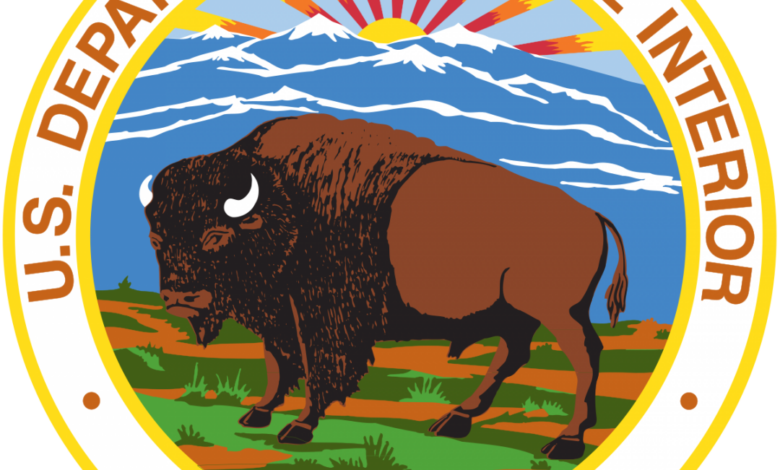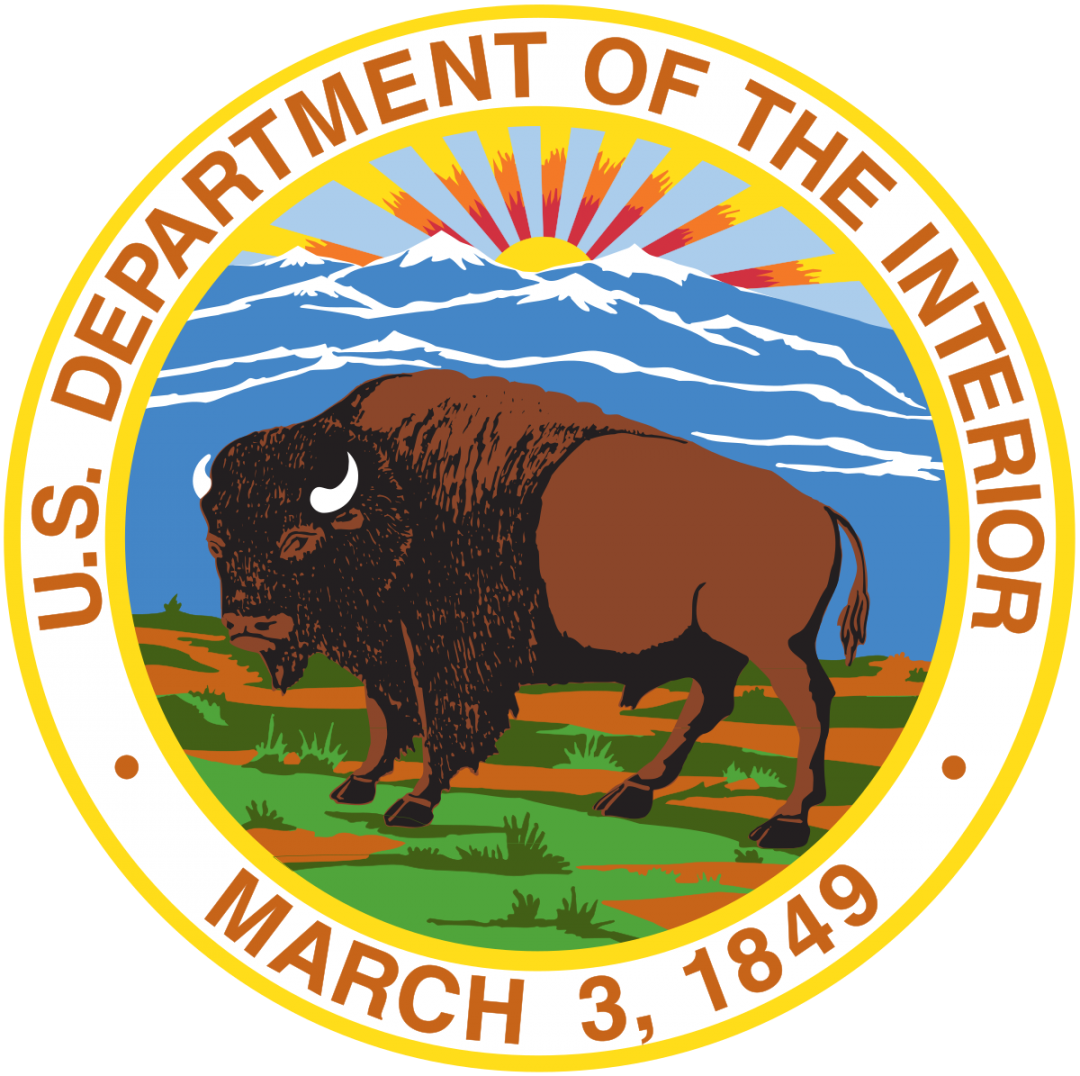
Department of the Interior Stewarding Americas Lands and Resources
The Department of the Interior, a sprawling agency with a rich history, plays a vital role in shaping the American landscape. From managing vast public lands to protecting endangered species and fostering Native American self-determination, the Department’s responsibilities are far-reaching and impactful.
Established in 1849, the Department of the Interior has evolved significantly over time, adapting to the changing needs of a growing nation. Today, it oversees a diverse portfolio of bureaus and agencies, each with its own unique mandate. From the National Park Service to the Bureau of Indian Affairs, the Department’s reach extends across a wide spectrum of environmental, cultural, and economic issues.
Key Policy Areas and Initiatives: Department Of The Interior

The Department of the Interior (DOI) plays a crucial role in managing and protecting America’s natural resources, public lands, and cultural heritage. It oversees a wide range of policy areas, each with its own set of initiatives and programs designed to address contemporary challenges and ensure the long-term sustainability of these vital assets.
Public Lands Management
The DOI manages over 500 million acres of public lands, including national parks, forests, wildlife refuges, and wilderness areas. These lands provide numerous benefits, such as recreation opportunities, clean water and air, and habitat for diverse wildlife.
- Land Use Planning: The DOI works with stakeholders to develop comprehensive land use plans that balance competing interests, such as conservation, recreation, and economic development. These plans guide the management of public lands, ensuring that they are used sustainably and responsibly.
- Wildfire Management: Wildfires are a significant threat to public lands and communities. The DOI is actively working to reduce the risk of wildfires by implementing prescribed burns, thinning forests, and improving fire suppression capabilities. These efforts are essential for protecting lives, property, and valuable ecosystems.
- Climate Change Mitigation: The DOI recognizes the urgent need to address climate change and is implementing strategies to mitigate its impacts on public lands. These strategies include reducing greenhouse gas emissions, restoring degraded ecosystems, and adapting to the changing climate.
Natural Resources Management
The DOI manages a vast array of natural resources, including water, minerals, energy, and fish and wildlife. It plays a critical role in ensuring that these resources are used sustainably and responsibly for the benefit of present and future generations.
- Water Resources Management: The DOI manages water resources on public lands, including rivers, lakes, and groundwater. It works with states, tribes, and local communities to develop water management plans that address competing needs, such as agriculture, municipal use, and environmental protection.
- Mineral and Energy Development: The DOI manages mineral and energy resources on public lands, balancing the need for economic development with environmental protection. It issues permits for mining, oil and gas drilling, and renewable energy development, ensuring that these activities are conducted responsibly and minimize environmental impacts.
- Fish and Wildlife Conservation: The DOI is responsible for conserving fish and wildlife on public lands and waters. It works to protect endangered species, manage hunting and fishing, and restore degraded habitats. These efforts are essential for maintaining biodiversity and ensuring the health of ecosystems.
Native American Affairs, Department of the interior
The DOI has a unique trust responsibility to Native American tribes. It works to protect tribal sovereignty, promote economic development, and improve the lives of Native Americans.
- Tribal Consultation: The DOI is committed to consulting with tribes on issues that affect their interests. This consultation process is essential for ensuring that tribal perspectives are considered in decision-making and that tribal rights are protected.
- Economic Development: The DOI supports tribal economic development through programs that provide funding, technical assistance, and business development opportunities. These programs help tribes create jobs, generate revenue, and improve their communities.
- Education and Cultural Preservation: The DOI provides funding for education and cultural preservation programs for Native Americans. These programs help preserve tribal languages, traditions, and cultural heritage, ensuring that these vital aspects of Native American culture are passed on to future generations.
The Department of the Interior faces a complex set of challenges in the 21st century, from climate change and resource scarcity to the need to balance conservation with economic development. Yet, it also possesses the potential to be a driving force for positive change. By leveraging its vast resources, expertise, and partnerships, the Department can help ensure a sustainable future for generations to come.
The Department of the Interior has a lot on its plate, from managing national parks to overseeing Native American affairs. But sometimes, their responsibilities extend beyond the usual, like when border patrol agents find a large amount of drugs washed up on the coastline. Recently, agents in Florida discovered over $43,000 worth of cocaine, likely part of a much larger smuggling operation.
Read more about this discovery. This incident highlights the importance of the Department of the Interior’s role in protecting our nation’s borders and resources.
The Department of the Interior manages vast public lands, from national parks to wildlife refuges, ensuring their preservation for future generations. However, recent political turmoil has cast a shadow on the department’s focus. As reported in this article , an incoming GOP congressman has expressed concern that Democrats will downplay the FTX scandal, urging a thorough investigation.
This political climate could potentially impact the Department of the Interior’s ability to effectively address critical environmental issues and manage public lands responsibly.
The Department of the Interior oversees vast swaths of land, from national parks to wildlife refuges, and plays a crucial role in protecting our natural resources. It’s fascinating to see how their work intersects with the digital world, as evidenced by recent news like Elon Musk’s confirmation that Twitter will revise its user verification process. This shift in online identity verification could have implications for how we interact with information about our environment, as well as the potential for misinformation to spread.
It’s a reminder that even the most remote corners of our planet are connected to the digital age, and the Department of the Interior must adapt to these changing realities.

